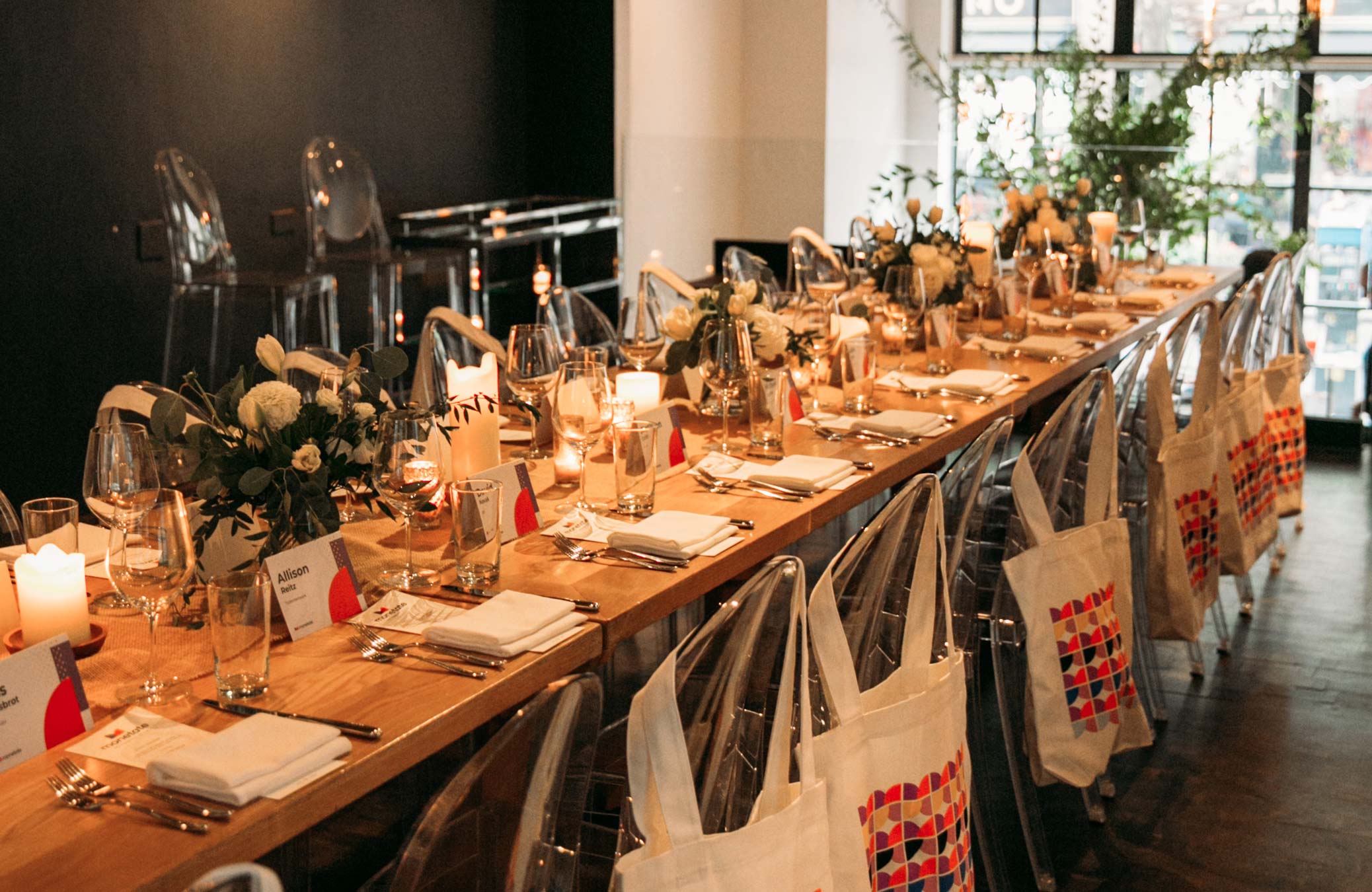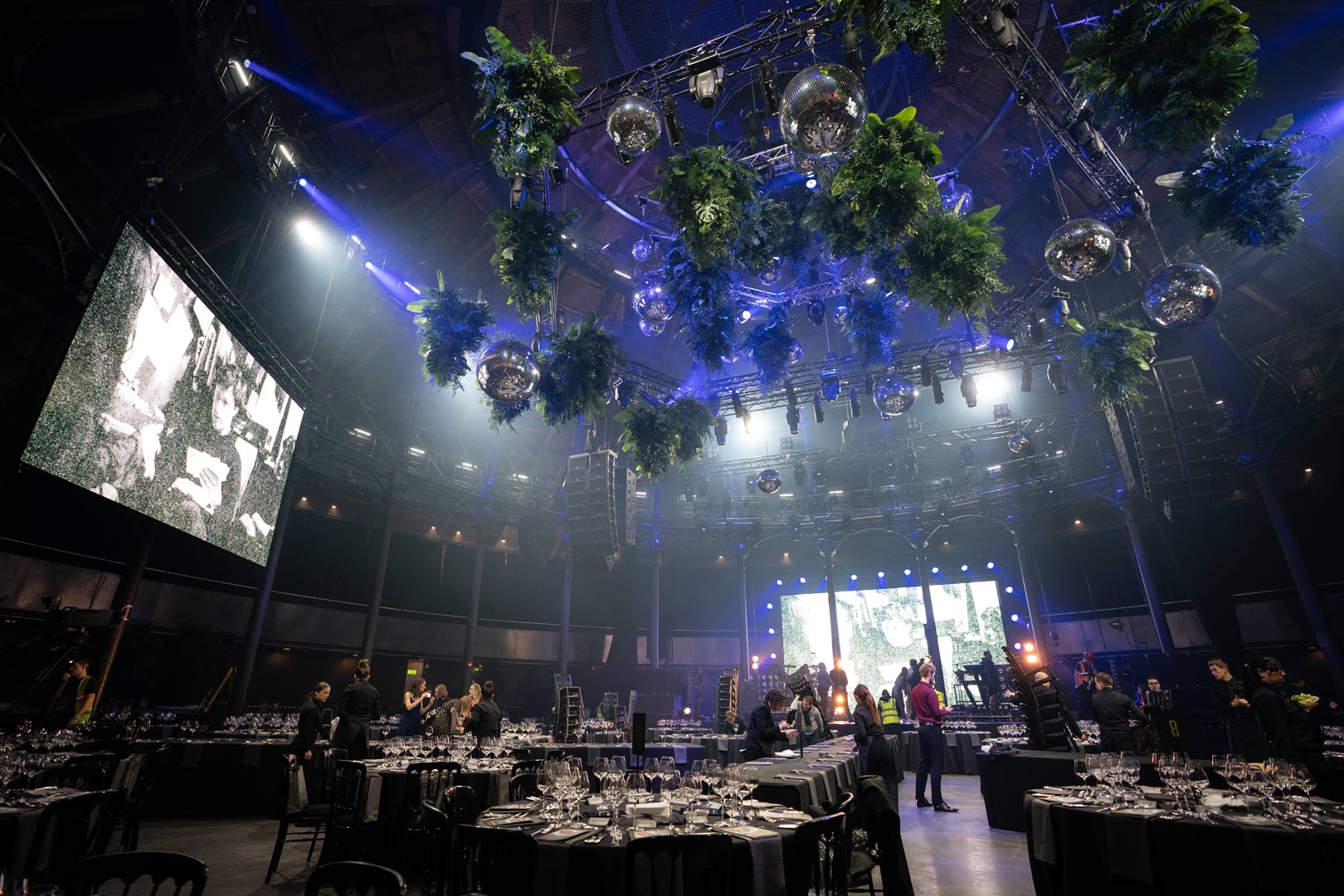Also Explore
Events Blog

Cannes Lions 2025: Roaring with Creativity and Connection on the Riviera
As an agency deeply committed to pushing creative boundaries, Cannes Lions is an unmissable fixture on our calendar. It’s a powerful reminder of the dynamism within our industry, and we were eager to immerse ourselves in the thought-provoking discussions, groundbreaking activations, and unparalleled networking opportunities.
Sort By

Cannes Lions 2025: Roaring with Creativity and Connection on the Riviera
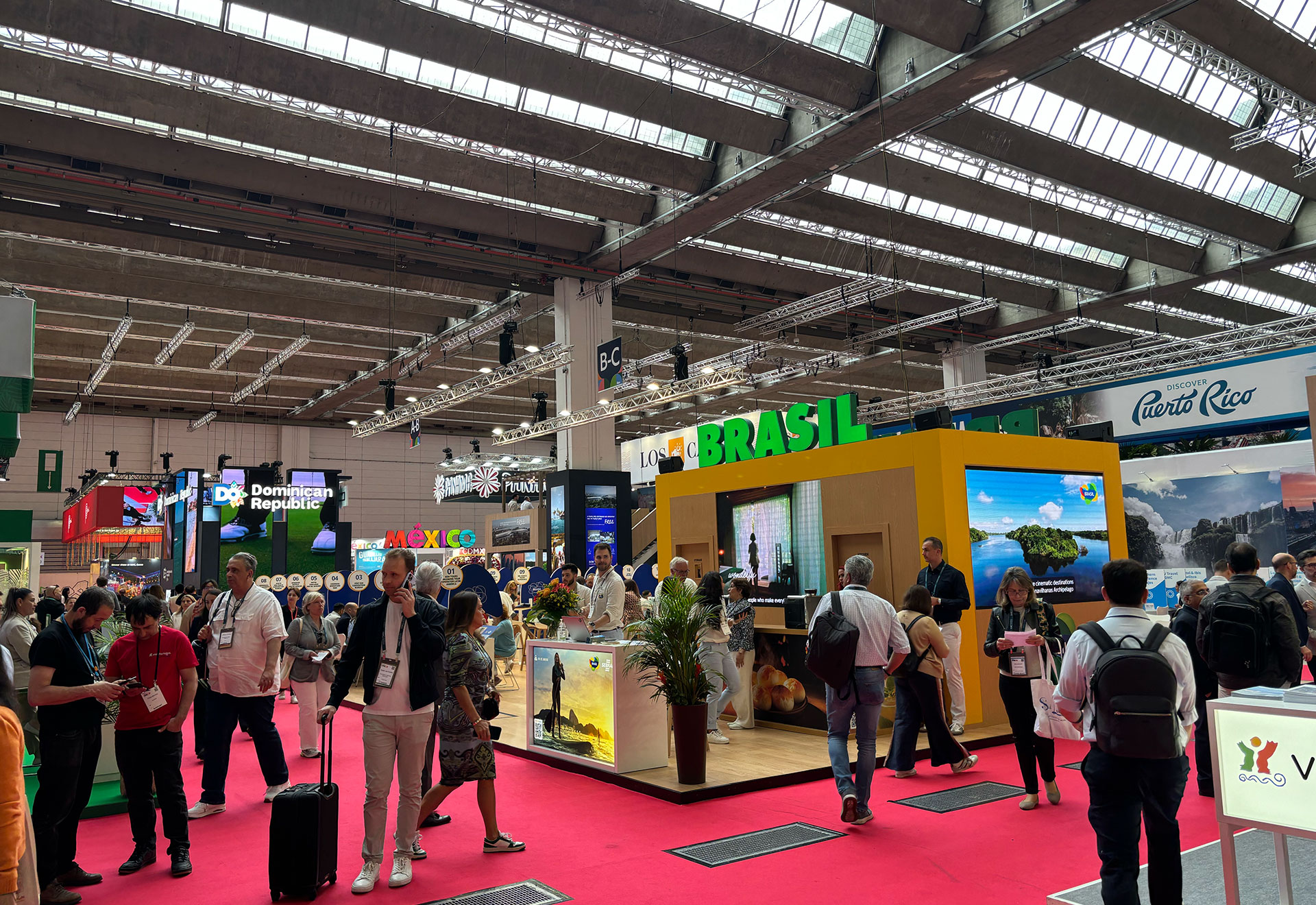
Key Insights and Connections: TM G at IMEX 2025

Top 5 Destinations for Unforgettable Events in 2025

TMG x CES

Render to Reality: Bringing Blanco’s Dream House to Life

GABRIELLE’S ANGELS FOUNDATION 26TH ANNUAL ‘ANGEL BALL GALA’

THE EXPERT EXTENSION OF YOUR TEAM
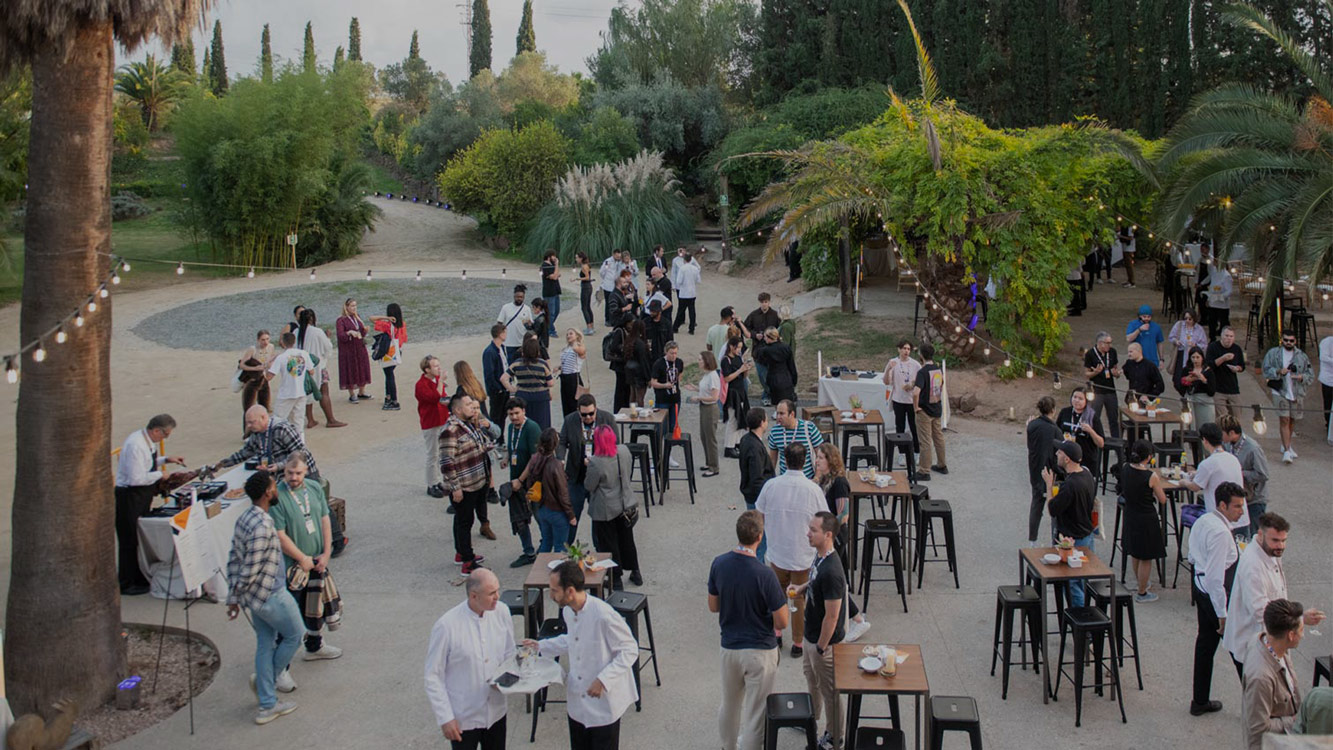
THE ENGAGEMENT CHALLENGE

The Best 5 Locations for Company Offsites in 2024
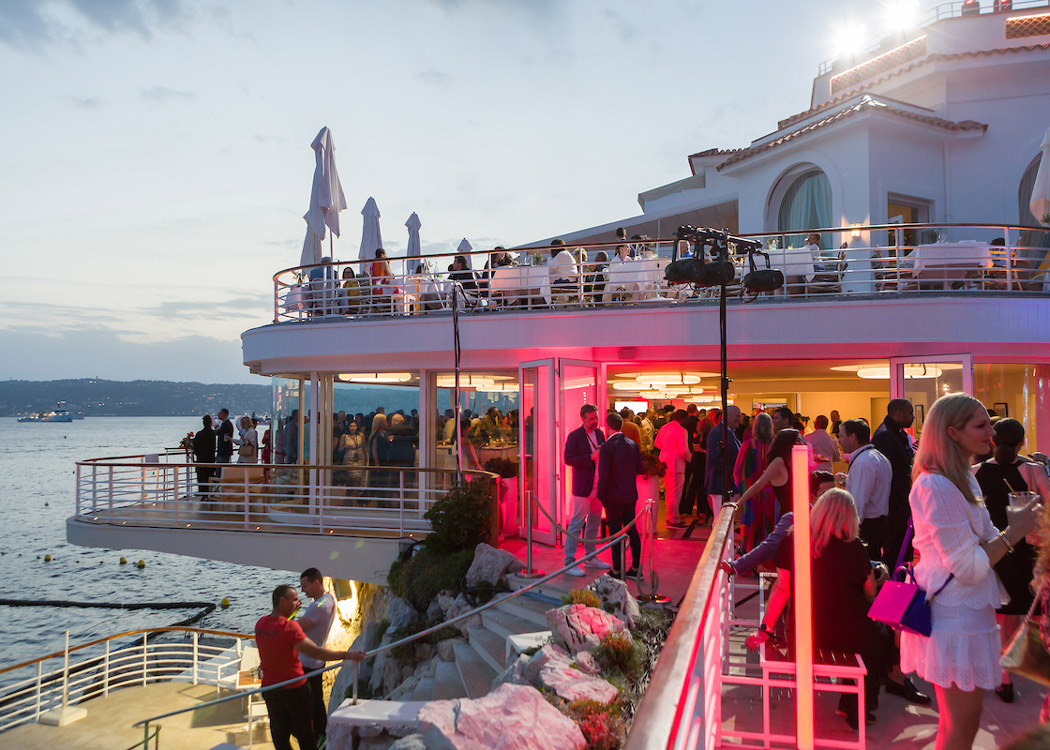
CANNES LIONS 2023

